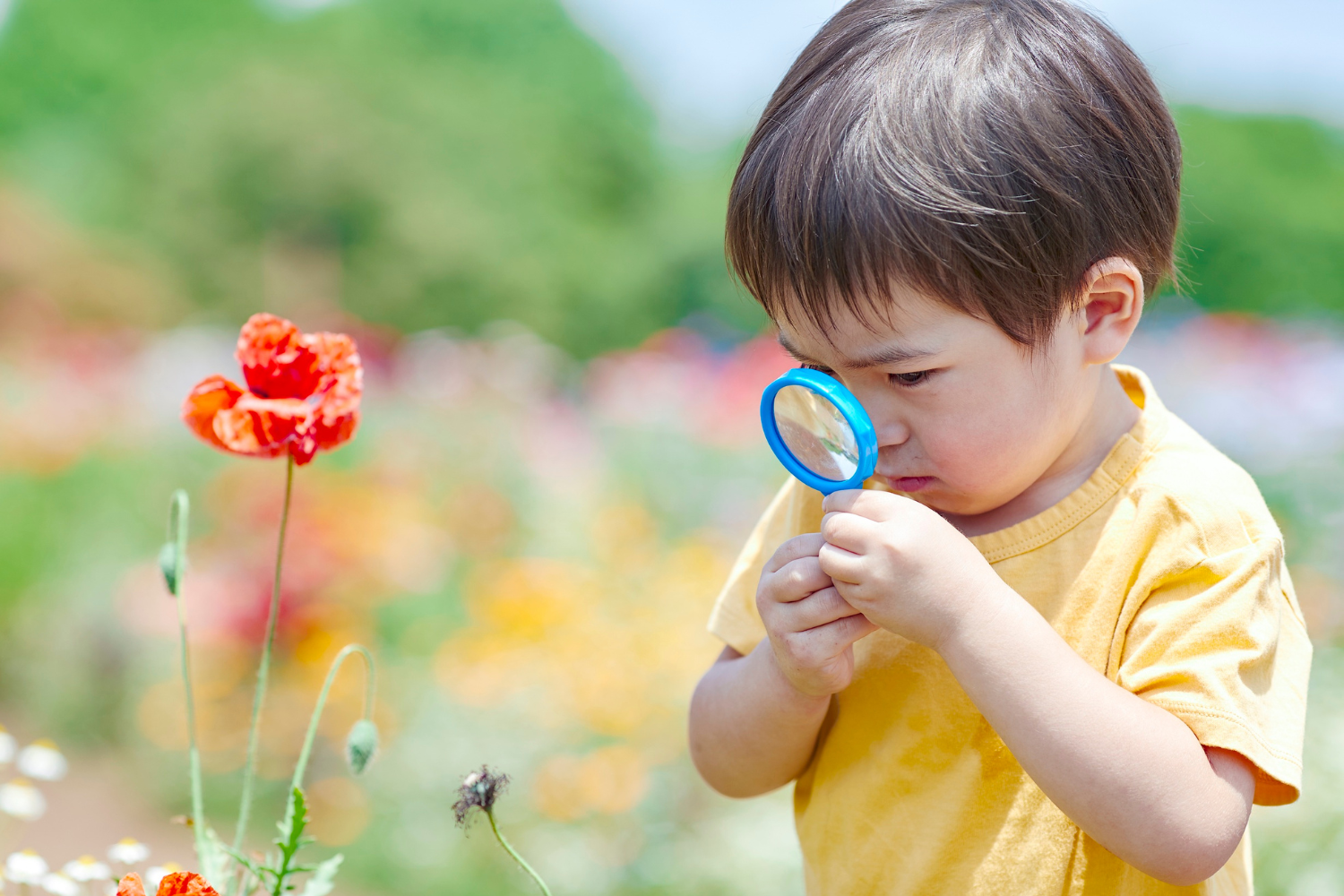Should You Let Your Children Read Abridged Books?
/Should you let your children read abridged books?
“No,” says I.
And why I say no begins with Don Quixote.
You see, Don Quixote is one of my favorite books. A very long time ago back in the days of my early adulthood, I traveled to Spain once. My father saw me off at the airport, and as we were parting he handed me a copy of Don Quixote.
Cervantes’ story began in a way that was difficult to pique my interest, at least it was back then; but I had nothing else to read in English. English books weren’t easy to find in 1980’s Spain.
You had to go to Madrid to buy one, but I was living in Granada.
So I kept reading Don Quixote night after night after night.
It was about page 200 that I fell in love with the Don. After that, I couldn’t put him down.
So years later when I saw Everyman's had published an abridged version for children, I was thrilled. I snatched up a copy and began reading it to my children one afternoon.
Shortly after, I realized what a mistake I had made. Compared to the writing of Cervantes, the abridged version was dull.
It bored my children too. Truthfully, I don't even remember finishing it. We all agreed at some point that it was not worth reading.
And so it shouldn’t have been.
Great work is great work and you won't be able to improve on it no matter how hard you try.
What's worse is when you try to dumb it down for children's ears.
Maybe some editors can succeed in making a great book palatable for a child, but it's unlikely.
“He who loses wealth loses much; he who loses a friend loses more; but he that loses his courage loses all.”
That's why I argue in favor of not abridging the great books even if that means your children have to wait until their older to read them.
And why not wait?
What harm will it do if they have to wait until their 16 or 17 or even 20 to read Don Quixote?
None!
I remember picking up War and Peace as a young woman. Here was a book I had heard about for years but had been told that it was very difficult to read. There was a sort of mystery around it for me, a sense of one day I could read it but that day hadn't arrived yet.
But when it did arrive, I was overjoyed. I have no idea what it was that made me decide I could read it, but I did. There’s a vague recollection of having asked my father if he thought I could handle it and him having roared, “Of course!”
It becomes a sort of rite of passage to read what you consider to be your first "difficult" adult book.
And when I discovered I could not only read it, but that I enjoyed reading it too, I really did feel a sort of joy. It meant that I could tackle a difficult book, and the door to the world of great books was now wide open to me.
So don't deprive your children of the joy I felt, and the joy they'll feel too as they reach each reading milestone. They'll grow up soon enough and when they do they'll enjoy Don Quixote in a way they'll never be able to when they’re young.
Besides, what do they have to look forward to if they read the abridged versions in childhood?
There are so many excellent children's stories that they haven't read yet. Let them read those first and by the time they're finished, they'll have reached an age where they'll be able to tackle the truly great and difficult books.
And what an insult to poor Miguel Cervantes to have his brilliant writing dumbed down to a child's level. There's nothing more maddening for a writer to have an editor butcher a well-crafted sentence let alone butcher an entire book!
“A proverb is a short sentence based on long experience.”
What's so captivating with great literature, and I'm speaking of the classics, is the depth of the characters, their thoughts and their dialogues.
How could a child who has never lost a permanent tooth ever be able to relate to Cervantes’ unforgettable line, "A tooth is more precious than diamonds!” Children have a completely different perspective than adults on losing teeth!
If they can't understand a simple line like that in the way Cervantes intended, how can they even begin to understand his book? They won't, so they may as well not read it as the abridged version is not Don Quixote.
It's a book like Don Quixote, but Don Quixote it isn't.
***
☛ Don’t forget to leave a comment below and let me know what resonates with you!
If you liked this, you might enjoy my free download 7 Steps to Raising Children Who Love to Read.
Elizabeth Y. Hanson is a veteran homeschooling consultant and certified parenting coach.
.













